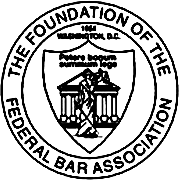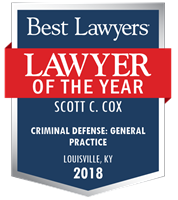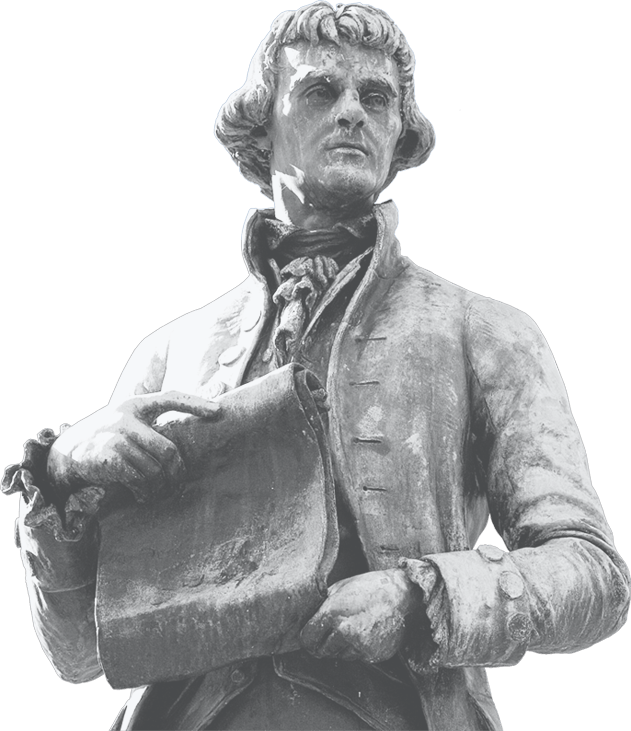
On October 23, 2023, the Sixth Circuit Court of Appeals reversed our client's conviction. (No. 22-5328). The trial court had admitted his statement believing that it had not been clear enough to invoke his right to counsel. The appellate court disagreed, holding that when our client said, "My sister's an attorney" and the police immediately asked "Do you want to call your sister?" and our client responded, "Yeah, . . . " that was sufficient to stop all questioning.
Instead of stopping all interrogation, the police worked hard to talk our client into not calling his lawyer. He warned the defendant, "If you [call your sister] that's gonna be the end of us talking." He also told our client that this was going to be his only chance to help himself and this opportunity was gone if he called her.
In reversing the conviction, the Sixth Circuit held that any person who expresses his desire to deal with the police only through counsel is "not subject to further interrogation by the authorities until counsel has been made available to him." Edwards v. Arizona. The Court was also critical of the police officer attempting to have the defendant change his mind, noting that, "All questioning must cease" after counsel is requested. Smith v. Illinois.
The Court also directed the trial court, on remand, to determine whether the government had acted vindictively by returning a Superseding Indictment that would increase the defendant's sentence from 10 to 15 years, seven months after the original indictment and almost immediately following a motion to suppress was filed by the defense. As the Sixth Circuit wrote, "The Fifth Amendment forbids the government from punishing defendants for exercising their constitutional and statutory rights." U. S. v. Goodwin.
Michael R. Mazzoli drafted the motion to suppress, filed the memorandum in support and wrote the appellant's brief before the Sixth Circuit. He also argued the case to the Court.









